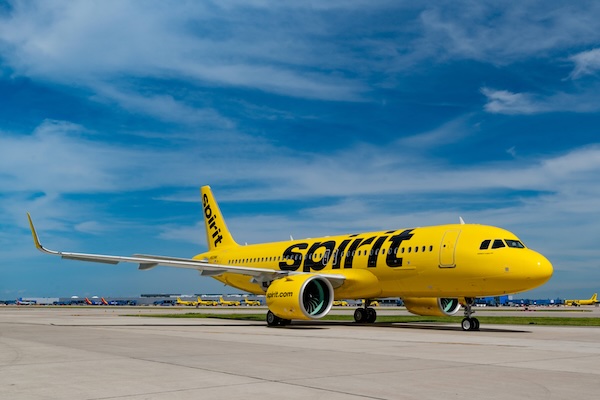JetBlue Airways and Spirit Airlines have initiated an appeal against a U.S. court’s decision halting their planned merger. This legal move underscores their determination to pursue the $3.8 billion deal, which they argue promises enhanced competition and customer choice.
Background of the JetBlue-Spirit Merger
In late 2023, JetBlue Airways and Spirit Airlines announced their intention to merge, aiming to create the fifth-largest airline in the United States. Despite high ambitions, the proposal faced significant regulatory hurdles. A federal judge in Boston ruled against the merger, citing concerns echoed by the U.S. Department of Justice. The judgement highlighted fears of reduced competition, which could potentially harm passengers by consolidating market power. This ruling set the stage for a legal and strategic showdown as JetBlue and Spirit moved to challenge the decision.
JetBlue and Spirit’s Response
Following the judge’s ruling, JetBlue and Spirit expressed their disagreement, emphasising their belief in the merger’s potential to enhance competition. In a joint statement, the airlines stated, “We continue to believe that our combination is the best opportunity to increase much-needed competition and choice by bringing low fares and great service to more customers in more markets.” This assertion underscores the airlines’ commitment to pursuing the merger despite legal setbacks.
Legal Proceedings and Appeal
The airlines promptly filed an appeal with the US Court of Appeals. Their two-page appeal document contested the federal judge’s opinion, suggesting that preventing the merger would unfairly limit their capacity to compete against other major U.S. carriers. The legal process involves intricate arguments focused on market dynamics and competition laws.
Regulatory Challenges and Market Implications
The blockage of the merger by regulatory authorities was backed by concerns about market consolidation. District judge William Young supported the Department of Justice’s view that the merger was anti-competitive in nature. His ruling highlighted that allowing JetBlue to acquire Spirit would eliminate a key competitor known for innovation and price discipline. This, he argued, could lead to a more consolidated industry structure, enhancing risks of monopolistic practices.
Strategic Moves by Spirit Airlines
In reaction to the ongoing legal processes, Spirit Airlines has undertaken strategic measures to ensure its resilience. The airline reported strong revenue forecasts for the holiday season, driven by robust booking figures. Furthermore, Spirit completed the sale and leaseback of 25 aircraft, generating $419 million, and entered negotiations with Pratt & Whitney for compensation related to engine issues, reflecting its proactive stance in safeguarding financial stability.
JetBlue and Spirit’s Forward-Looking Strategy
JetBlue and Spirit remain focused on the appeal process, considering it a vital step towards achieving their merger objectives. They aim to demonstrate how the merger can enhance consumer choices and market competition, countering claims of its anti-competitive nature.
Conclusion and Industry Impact
The outcome of JetBlue and Spirit’s appeal could have profound implications for the airline industry in the United States. If successful, it may redefine competitive dynamics among major airlines and potentially inspire further mergers within the sector. However, the appeal also highlights the ongoing tightrope that airlines must walk between growth ambitions and regulatory compliance.
JetBlue and Spirit’s ongoing legal battle is a pivotal moment for the airline industry. The appeal’s outcome will not only shape future mergers but may also redefine competitive dynamics within the sector.

